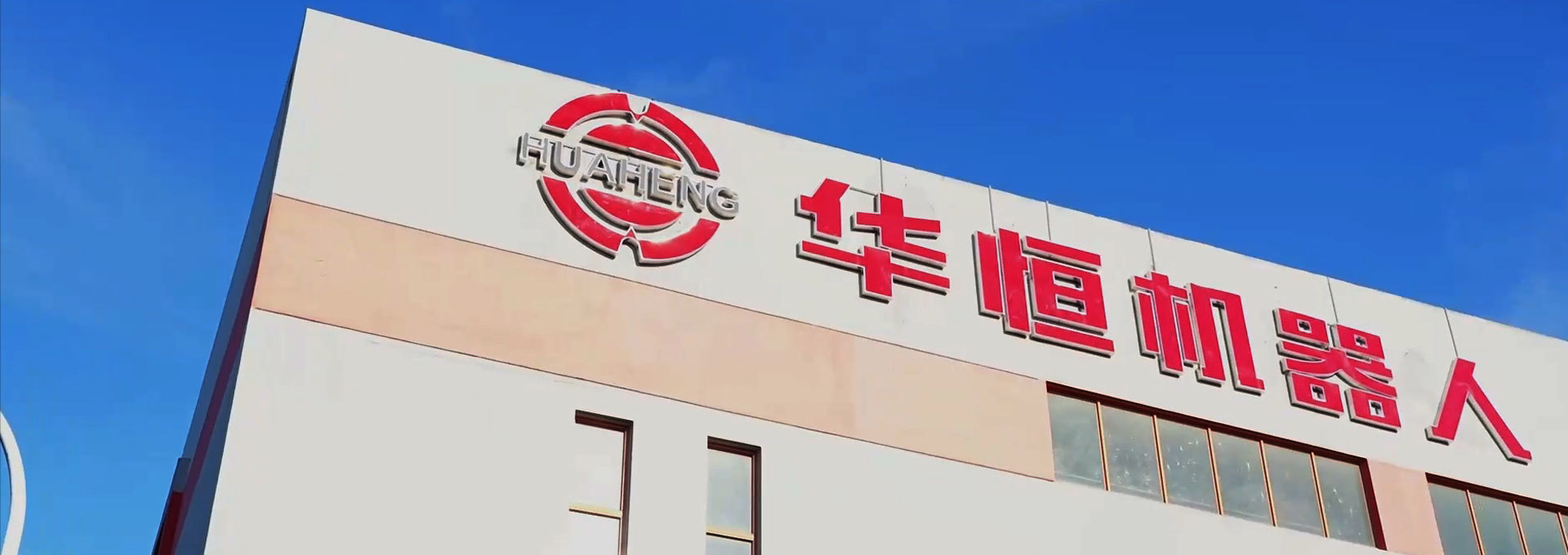Revolutionizing Industry: The Rise of Robot Flexible Production Lines
Release time:
2025-04-28
Introduction to the Future of Manufacturing
Hey there, fellow industry enthusiasts! If you’ve been keeping an eye on the manufacturing sector, you might have noticed an exciting trend creeping in. That’s right—enter the robot flexible production line! This game-changing innovation is shaking things up and redefining how products are made.
What is a Robot Flexible Production Line?
In simple terms, a robot flexible production line is a manufacturing setup where robots are used to produce a variety of products, adapting quickly to changes in production needs. Picture it like a chameleon—able to shift gears at a moment’s notice! This flexibility is crucial in today’s fast-paced world where consumer demands can change overnight.
Why the Buzz Around Flexibility?
With the advent of technology, the mantra has shifted from one-size-fits-all to tailored solutions. Businesses are realizing the importance of being nimble. A robot flexible production line allows manufacturers to:
- Adapt to changing product designs without major overhauls
- Reduce lead times significantly
- Optimize resource use, cutting down on waste
Talk about a win-win situation!
The Technology Behind It
So, what’s the secret sauce? Well, it’s all about advanced robotics, AI, and IoT (Internet of Things). Robots equipped with sensors and AI can learn and adjust their operations based on real-time data. This means they can switch from assembling smartphones to manufacturing auto parts without breaking a sweat. Isn’t technology just astounding?
Real-World Applications
Just to give you a taste of how this is playing out in the real world, let’s look at some industries that are already reaping the benefits:
- Automotive: Companies like Tesla are leveraging robot flexible production lines to produce different models on the same assembly line.
- Electronics: Manufacturers can quickly adapt to new tech trends by modifying production setups without extensive downtime.
- Food Processing: Robots can easily switch between packaging different products, ensuring freshness and efficiency.
Challenges to Consider
Of course, it’s not all sunshine and rainbows. Implementing a robot flexible production line comes with its own set of challenges. For starters, the initial investment can be hefty. It's not pocket change, folks! Additionally, companies need to train their workforce to work alongside these advanced systems. A little bit of a learning curve, if you know what I mean.
The Future is Bright
Looking ahead, the potential for robot flexible production lines is immense. As technology continues to advance, we can expect even more sophisticated robots that can handle a wider range of tasks. Imagine a line that can not only produce but also inspect and package products—all while learning from each cycle!
Conclusion
In summary, the robot flexible production line is not just a trend; it’s a revolution. It’s all about efficiency, adaptability, and innovation. As more companies jump on this bandwagon, we can expect to see a shift in how products are manufactured across industries. So, buckle up, because the future of manufacturing is here, and it’s looking pretty darn exciting!
Latest News
Xuzhou Huaheng Robotics Co., Ltd.
Phone: 0086-516-66882288
Kunshan Huaheng Robotics Co., Ltd.
Phone: 0086-512-87880678

Focus on Robot Division

Huaheng mobile phone terminal

Huaheng Company Public Number
Copyright © 2024 Xuzhou Huaheng Robotics Co., Ltd. All Rights Reserved


